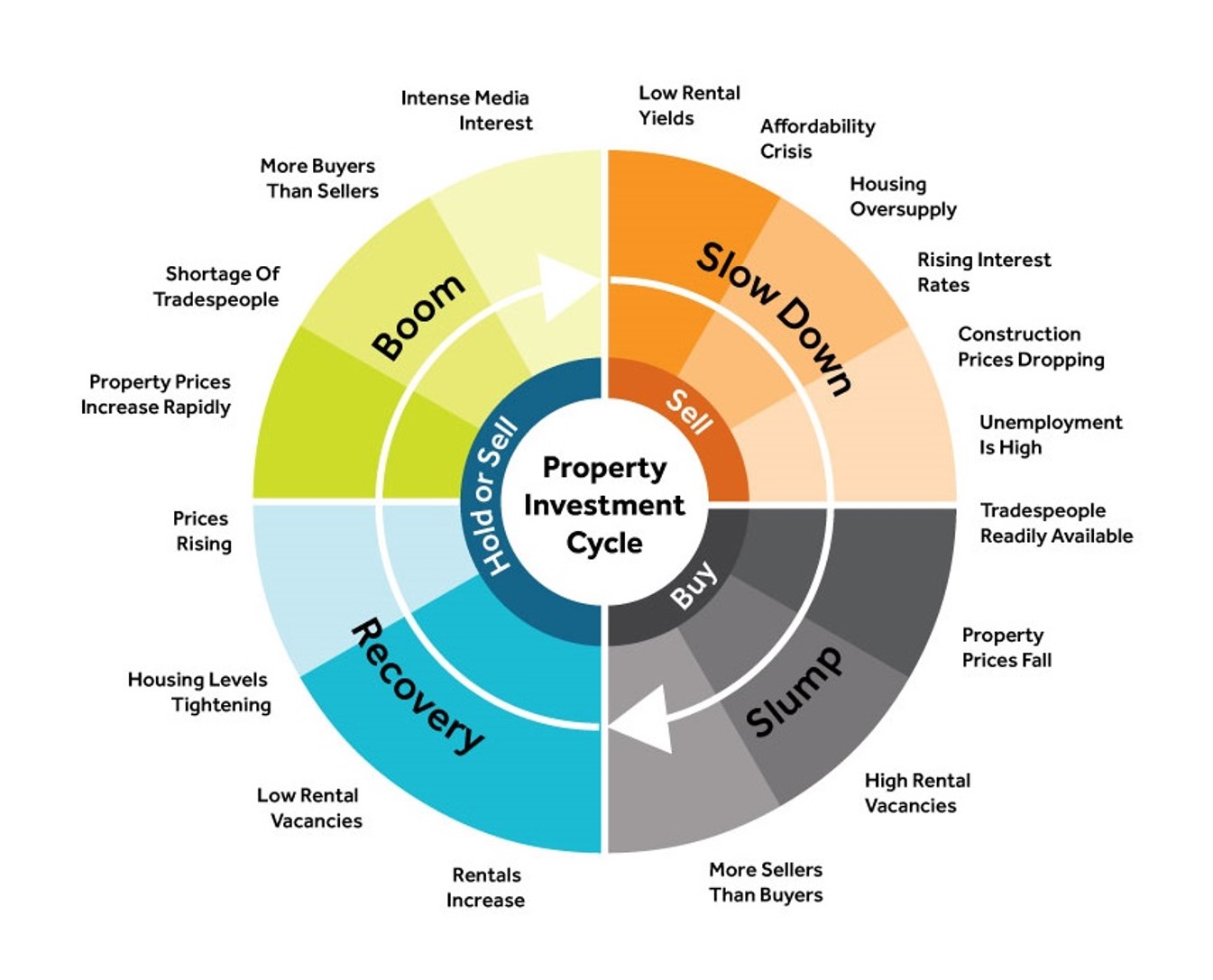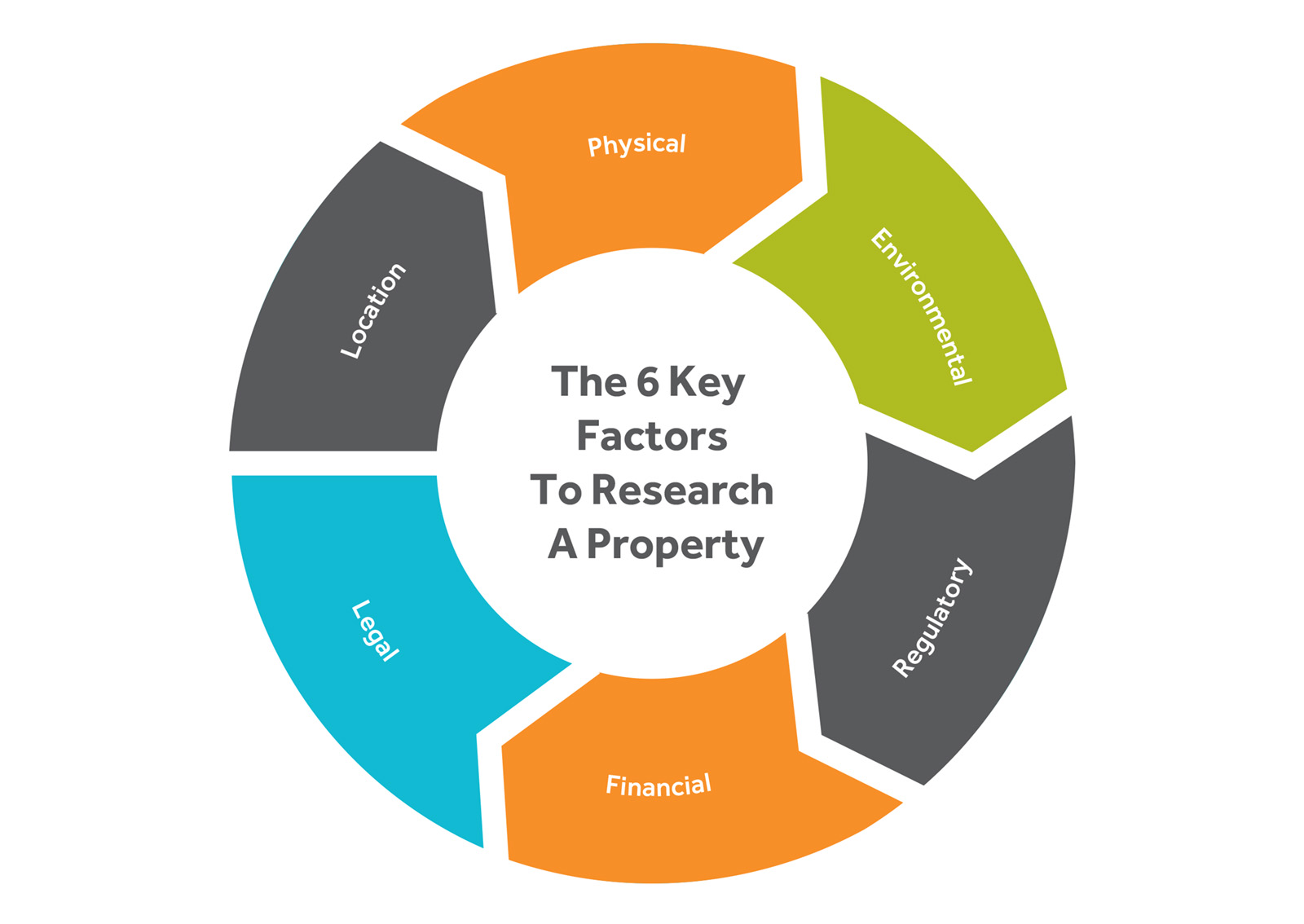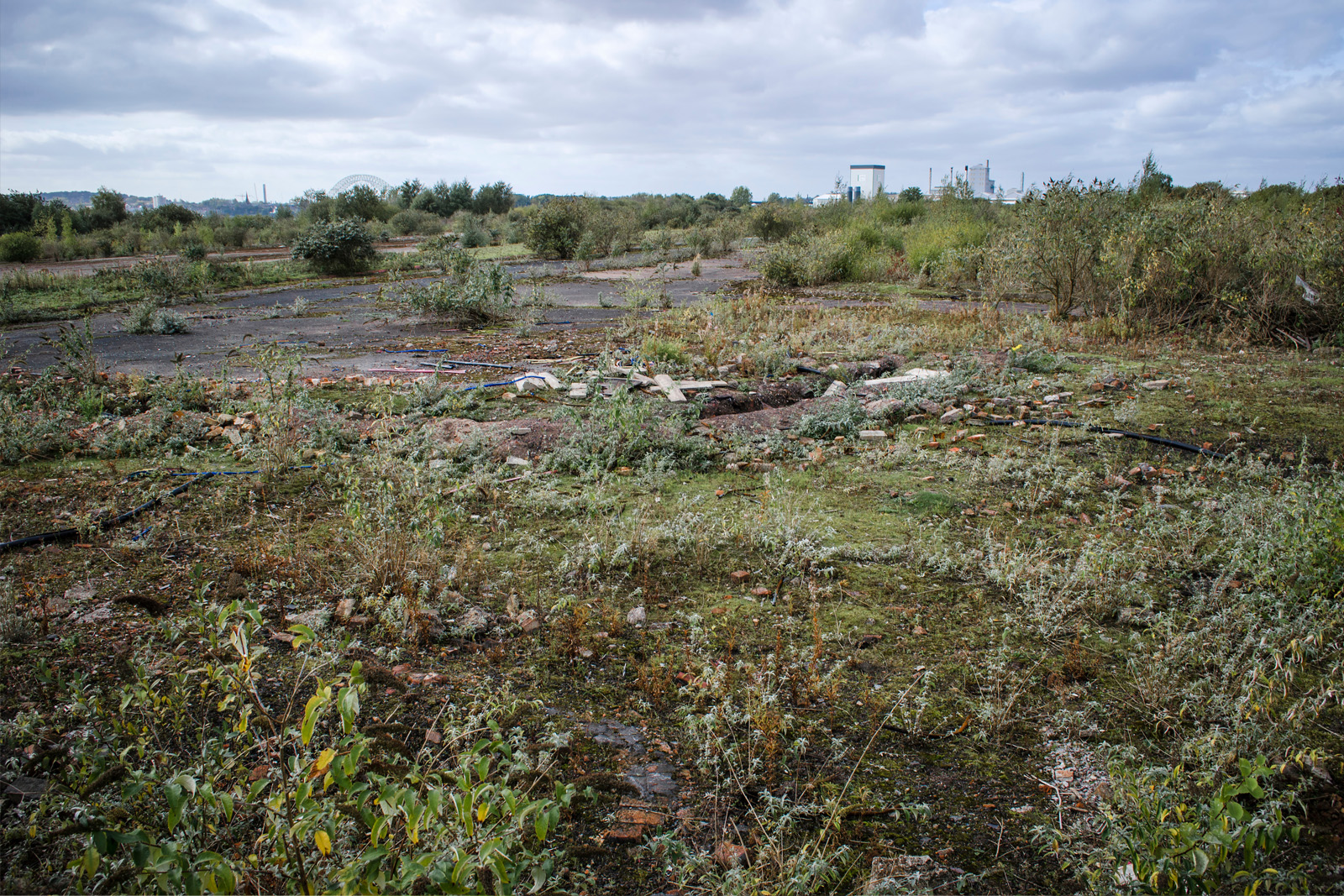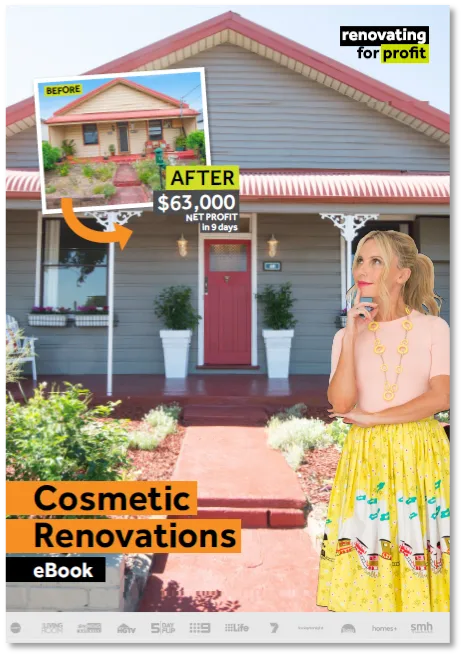How To Research A Property Like A Seasoned Pro
Over the last 18 months, property prices have been at a crazy, runaway price. So many of you have had the desire to buy a property, finally find one that ticks all your boxes, to only then lose it to someone else, willing to pay more. It’s heart breaking to say the least …
But with every heart break, often comes a silver lining. In the world of real estate, that’s the market currently correcting itself, changing cycles out of the boom & into the slowdown phase, across “most” states of Australia.
For those of you who put buying a property in the “too hard basket” in the boom cycle, you might be able to do so now with a lot less issues. Rising interest rates & talk of property price drops have scared the bulk of people off from buying any property right now, creating the perfect buying environment for those of you who’ve struggled previously.
What I do know from buying & selling a lot of property is that you can buy, hold or sell a property in any cycle be it the boom, slowdown, slump or recovery stage of the property market phase. The key is to know what you’re doing & to be strategic about your purchase.

Having personally renovated 150+ properties over my 31-year renovating career, I took the initiative 2 decades ago to develop a property due diligence checklist that listed everything I should always research on a property before I buy. It originally started out with about 20 things but today contains 65 must-research tasks that my Cosmetic Renovations For Profit students always check on a property, before they buy. Sure, it takes 1 to 2 days to research everything but better to be safe than sorry, especially when buying an asset in the hundreds of thousands! For the most part, these 65 individual research points are categorised into my 6 core categories of property due diligence below:

1. LOCATION DUE DILIGENCE
This is probably the most talked about of all the due diligence musts. “Location, location, location” – it’s the mantra that property investors have chanted for decades on end. If your property is situated in a dud location, your resale ability & value will always be price capped, it’s that simple.

In addition, a property situated in a poor location, severely diminishes your pool of buyers when you eventually sell. Most people won’t consider living on a main road or a busy thoroughfare. Properties located too close to shops, that noisy childcare centre next door or that electrical substation just 50 metres away, are all major turn-offs for the bulk of buyers.
Considering the unprecedented floods we’ve experienced over the last few months & bushfires a year prior, it’s a timely reminder to always dig deep, uncovering every possible thing you can about not only the suburb, but the individual streets that lie within it & the likelihood of impacts. In flood affected areas, some streets went under, while others didn’t. It could be as simple as buying a property that’s elevated higher up on a street versus one that’s on the low side where water naturally pools.
2. PHYSICAL DUE DILIGENCE
This is all about the physical condition of a property. Before you sign on the dotted line, you’ll need to understand what condition the existing property is truly in & the likely cost for repairs to correct anything that’s not right (immediately or in the future). It’s why inspections like building, pest & asbestos inspections reports are so critical. Getting a roof replaced, a property rewired or restumped are not cheap fixes by any means so it’s better you know these costs (before you buy). In certain situations & with proper information, you may be able to negotiate these costs off your purchase price.
By way of example, one of my physical due diligence checks is a CCTV plumbing inspection. Once I’ve got my price agreed with a vendor, I’ll send my plumber to the property to put a camera down the underground lines to make sure there’s no cracked pipes or tree roots inferring with drainage lines. For me, it’s worth spending $400 to save thousands (in some cases, tens of thousands) in repairs. The average person would never think to do a CCTV plumbing inspection as part of their buying process but the merits outweigh the cost.
3. ENVIRONMENTAL DUE DILIGENCE
Environmental due diligence focusses on any environmental impacts of a dwelling or the land it sits upon. Things like land contamination can cost a fortune to fix & the process of remediation can stretch out for months on end. In the meantime, your holding costs can continue to rack up whilst you’re waiting for contamination issues to get sorted. It could be something as simple as an old 44 gallon drum buried in the ground that’s leached fluid into the ground over time & thereby officially contaminated the land.

I purchased a property near Byron Bay about 1.5 years ago. My due diligence uncovered the possible chance of UXO contamination which is unexploded artillery from a prior military training ground use. The risk of it being there is extremely low but at least I went into the purchase, with full knowledge of this, than to be surprised by it, 5 years down the track.
Don’t forget also that any property built or renovated before 1990 has a high likelihood of asbestos lurking somewhere. Be sure to get an asbestos inspection report done so you’ve ticked this environmental research task off your list!
4. REGULATORY DUE DILIGENCE
Regulatory due diligence is focussed around the planning restrictions & approvals side of a property. If you’re contemplating buying a property that requires a full structural reno, you should try to establish what changes are likely to be possible & which ones aren’t. There’s no point dreaming of that big 2nd storey on your house to capture potential water views, if your council won’t allow it.
Even for cosmetic renos, you need to be across regulatory compliance. In an apartment block, you’ll definately need strata approval for any cosmetic or structural changes you’re planning. You may even need council approval if you’re simply planning to gut your kitchen or bathroom & start again.

Is the property heritage-listed? If so, changes you’d like to make may not be possible on your façade or other parts of the property. Even some decks & carports require approval, depending on their size & height, depending on which council area you’re located in. Head to your local council for a face to face chat with a duty planner. You’ll quickly discover what you can & can’t do.
5. LEGAL DUE DILIGENCE
If you’re buying a property, you’ll need a good property conveyancer, solicitor or lawyer to perform all the legal due diligence tasks on your potential purchase. They’ll check the Contract of Sale from head to toe to ensure there’s no legal constraints or issues that will adversely affect your interests. I’m talking things like statutory searches, easements, any finance outstanding on the property, caveats, covenants, boundary surveys… They’ll also look at a series of other legalities as part of their own scope of work as a legal professional.
6. FINANCIAL DUE DILIGENCE
Financial due diligence focusses around the ongoing costs of a property as well as any other pertinent financial information on a property. These are checks you can easily do yourself such as an RP data search as to what the property has bought & sold for previously.
Make sure you know what the costs of holding the property are moving forward – council rates, water rates, strata fees & land tax to name a few. All of these can add up to a significant amount of cash each year, for those that jumped too quickly into a purchase.

At the end of the day, the key to an astute purchase is making sure you do proper & thorough property due diligence on every property you buy, from here on in. Depending on what stage the property market cycle is in (boom, slowdown, slump or the recovery stage), time may not always be on your side to do all your proper due diligence checks. In these situations, you can enter into a Contract of Sale with a cooling off period. This gives you formal control of a property, not formal ownership. If for any reason your due diligence reveals a lemon, you can simply exit the contract before it goes unconditional, electing to pay a 0.25% penalty fee on the purchase price.
Buying a property is one of the biggest financial decisions you’ll make in your lifetime. It shouldn’t be done flippantly & without property research. Remember the wise saying: Act in haste, repent at leisure. Make sure that’s not you.
To learn how to thoroughly research a property before you buy, join our shortlist now for the 2022 re-launch of our main flagship course Cosmetic Renovations For Profit which provides detailed instructions on how to research both suburbs & individual properties in detail.
Much love,
Cherie x





As usual a lot of very helpful information.
Too bad I didn’t know about number two before buying my house.
I’ve had the sewer back up three times now due to tree roots.
Today being the third time.
There were three trees in my yard but all cut down but possibly roots still active.
Also neighbours have trees so they would also be a problem.
Discussed with plumber to replace the old pipes and put new ones down as I’m over blocked toilets .
They always happen on long weekends or like now when I’m expecting visitors over the weekend.
Oh no Karyn. Hope you get it sorted without too much pain. Cherie Crew x
The type of information on this web site is one of a kind and helpful and will assist me in our studies several times a week. It is obvious this forum has a lot of knowledge about subjects on the site and this page and other categories and types of info really show it. I’m usually not on the web during the week although when I have a drink im always researching for this type of information or others closely concerning it.
Thank you Thomas. Really glad you find all of our content informative. Cherie Crew x
Glad you find our content helpful Thomas! Thank you for letting us know. Cherie Crew 🙂
There are certainly challenges sourcing property at the moment, I had trouble insuring my latest property because a hail event had hit the area and it was considered high risk. With all the floods around the regional areas properties may appear a good deal, but insurance is the killer, especially in flood zones. All the areas I have currently researched pop up in these categories…(sigh) back to the drawing board. But without the skill learned from this course my due diligence would be somewhat non existent
Keep at it Lisa, you’ll find the property that ticks most of your boxes. May just take some time. At least you’re educated enough to be able to see these things. I would advise to avoid flood prone areas completely. CB x
Great post! Learned that seasoned property buyers rely on a due-diligence checklist — originally 20 items, now 65 — to evaluate investments thoroughly. It’s a solid reminder that thoughtful research can transform a renovation into a smart, profitable project.
Morrison